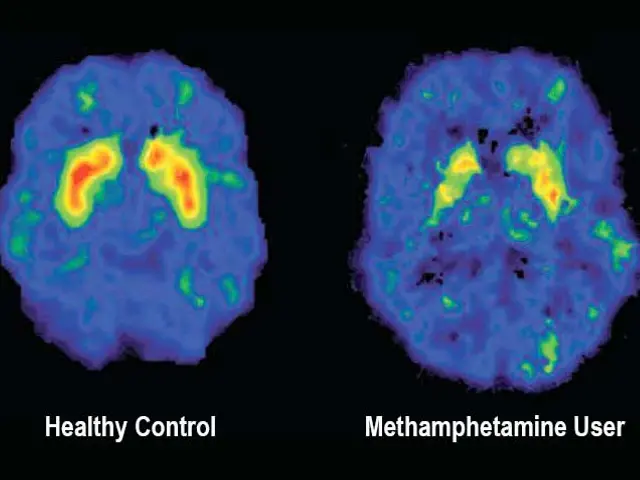Nearly half of German adults lack sufficient vitamin D levels
A significant number of adults in Germany are falling short on vitamin D, with nearly half failing to meet recommended blood levels. This crucial vitamin, essential for bone health, is primarily produced by the body in response to sunlight. However, certain medications and lifestyle factors can interfere with its production and absorption.
Alarmingly, 15.2% of adults have a vitamin D deficiency, with levels below 30 nanomoles per liter of blood, and another 40.8% have suboptimal levels between 30 and 50 nanomoles. Vitamin D deficiency is particularly prevalent in winter and can lead to serious bone health issues. In infants and children, it can cause rickets, while adults may develop osteomalacia, which weakens bone stability.
To combat this, high-dose vitamin D supplementation, around 2,000 I.E. daily, is recommended, especially for adults. However, it's crucial to consult a doctor first, as certain medications can interfere with vitamin D's effects. Statutory health insurance providers in Germany only cover the cost of vitamin D testing if there's a medical necessity.
Exposure to sunlight can help boost vitamin D levels. Spending 5 to 25 minutes daily in the sun, depending on skin type, can aid the body in storing enough vitamin D for winter. However, those at higher risk, such as infants, people with dark skin, the elderly, and those with limited sun exposure or certain medical conditions, should be particularly vigilant.
Given the high prevalence of vitamin D deficiency and its potential consequences, it's vital for adults to ensure adequate vitamin D levels. While diet alone may not be sufficient, sunlight exposure and, if necessary, high-dose vitamin D supplementation can help. However, it's crucial to consult a healthcare provider first, especially if taking long-term medication. Regular testing, though not universally covered by German health insurance, can help monitor and maintain optimal vitamin D levels.







